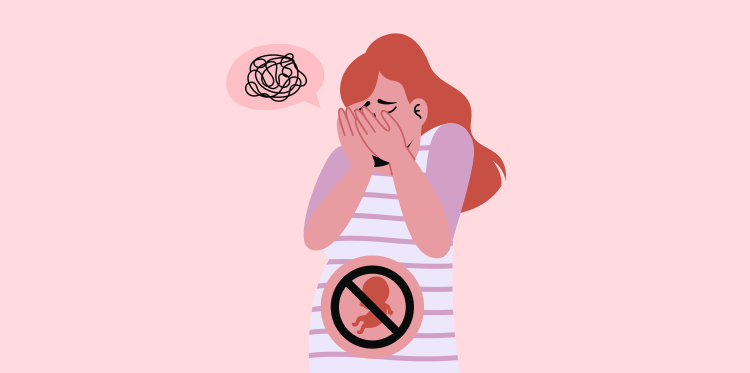In recent years, under the combined influence of factors such as life stress, unhealthy habits, environment, and advanced maternal age, the incidence of recurrent pregnancy loss (such as recurrent miscarriage, fetal stoppage, recurrent biochemical pregnancy, etc.) has gradually increased.
Among patients with recurrent pregnancy loss, the presence of blocking antibodies is often lacking, meaning that their blocking antibody tests are often negative.
01. What are blocking antibodies? Why should they be positive?
The so-called “blocking antibodies” are protective antibodies produced by the mother after exposure to paternal antigens during a normal pregnancy process.
We all know that an embryo is formed by the combination of the mother’s egg and the father’s sperm, with genetic material half from the mother and half from the father. However, as the main carrier of pregnancy, the mother may reject the “genetic material from the father” during the embryo implantation and development process, leading to the immune system attacking the embryo. If the blocking antibodies are positive, this attack will be blocked, allowing the embryo to implant successfully and develop into a full-term fetus. On the other hand, if the blocking antibodies are negative, there is a higher risk of miscarriage, even recurrent miscarriages.
02. Who needs to undergo blocking antibody testing?
People with a history of adverse pregnancies, such as miscarriage, fetal stoppage, missed abortion, especially patients with recurrent miscarriages, should routinely undergo blocking antibody testing.
Couples with negative blocking antibodies may require clinical guidance and drug intervention by specialized doctors during future pregnancies.
03. How is blocking antibody testing performed?
The antigens of both men and women are examined through blood tests, so both partners need to be tested together. However, there is only one report for the blocking antibody test because the blood samples from both men and women are mixed for lymphocyte reactions.
Testing precautions:
– Testing should avoid the menstrual period;
– Breakfast can be eaten on the day of blood draw but should not be too greasy;
– Both partners should have blood drawn simultaneously.
04. Is negative blocking antibodies a female or male issue?
The absence of blocking antibodies is due to an imbalance in immune tolerance between the embryos and the mother caused by the immunological recognition factors of both partners, so it cannot be simply attributed as an issue of either the female or male partner.
05. If the test is negative, do you need treatment? How is it done?
If blocking antibodies test negative, they are unlikely to naturally become positive after a waiting period.
For treatment, the goal is to induce the mother to produce blocking antibodies, so the treatment is focused on the female partner. Specific treatment involves immunotherapy after pregnancy. Along with drug therapy, lifestyle changes should be implemented, such as quitting smoking, alcohol consumption, late nights, maintaining a balanced diet, engaging in adequate physical exercise to boost the immune system and reduce the chances of miscarriage.
It is important to note that the treatment method of stimulating the mother to produce blocking antibodies by multiple inoculations of lymphocytes from paternal or healthy male peripheral blood into the woman’s forearm has now been largely abandoned.


